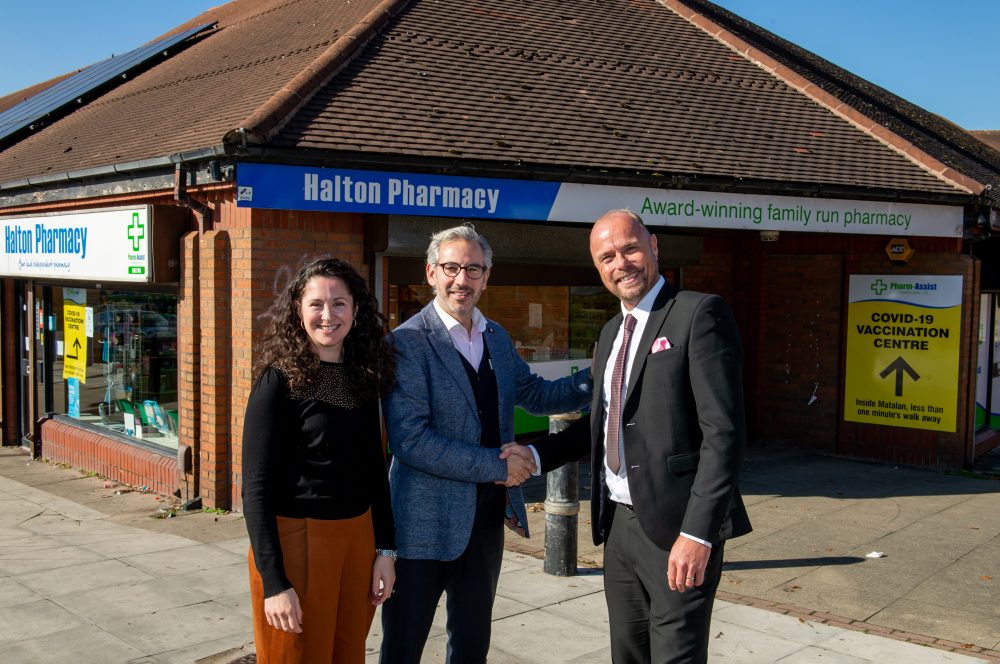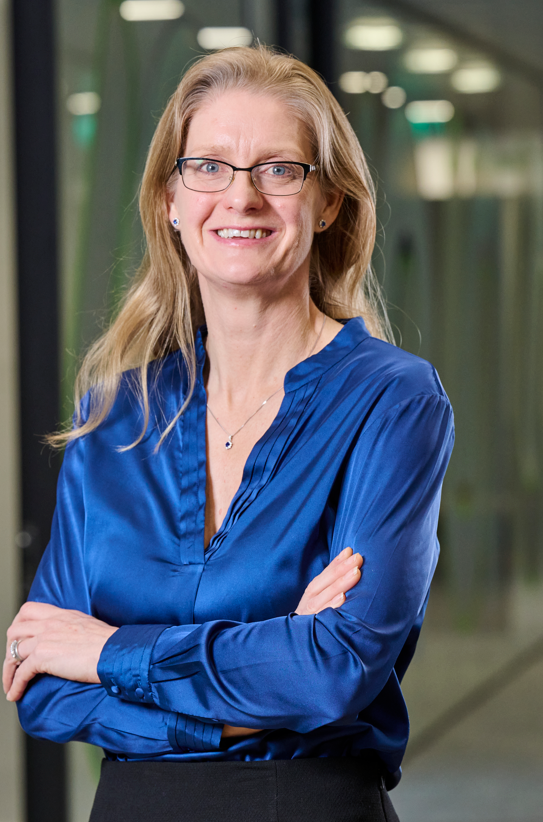
Help your bank to help you: the importance of relationship banking
Latest NewsHelp your bank to help you: the importance of relationship banking
Published: November 6, 2023
By Alexandra Rice, Chief Commercial Officer at Unity Trust Bank.

It’s the first anniversary of the 2022 Kwarteng / Truss “mini budget”. The reaction to it was far from “mini”, but thankfully that particular fiscal event is now moving into our rear-view mirror. Unfortunately, there’s no avoiding the reality we remain in an uncertain economic environment, including high inflation and interest rates at a level not seen since 2008.
Despite this, organisations are still investing for growth. It’s crucial that this is supported through responsible lending.
Today, conversations around lending are changing. Some customers require more support and consideration to help repay their loans. There is much speculation that interest rates have now peaked. If that’s true, it’s still likely that higher rates will stay with us for longer. More businesses will be at risk of having insufficient free cash to service their debt, especially if they took it on years ago in a more benign economic situation.
It’s vital that businesses have a Relationship Manager (RM) who understands the strategic direction, goals and potential challenges. The RM can help them by facilitating these conversations. Why does this matter? Firstly, the RM needs to be informed to best understand the customer’s need. Secondly, when considering a credit application, the underwriters will seek to understand if the RM has an open and transparent relationship with the client. If that’s in place, it counts for a lot in the client’s favour.
If the business has stayed with its bank for a while, I would encourage them to leverage that loyalty. Combined with a well-managed financial record, any bank worth its salt will work extremely hard to help their customers continue to be as successful as possible – regardless of the wider economic conditions.
In today’s climate, there are three key areas for every business to consider:
Liquidity matters
Bankers are always looking at liquidity ratios. Many customers use them internally to monitor the status of their working capital cycle. That discipline sends a clear message about the company’s financial control framework. Some bankers may just focus on multiples of EBITDA to inform their view of the level of healthy gearing a business can take. However, if that isn’t combined with an understanding of liquidity, it can lead to problems down the line.
Stay close to your working capital cycle and, where possible, align yourself with customers that pay on sensible terms to ensure robust cash flow. It’s surprising how many organisations allow themselves to be overly reliant on 60 – 90+ day debtors.
Regular reforecasting
Despite the rise in current interest rates, they remain only fractionally higher than the long-term average. Expect sensitivity calculations to factor in much higher interest rates than the current base rate of 5.25%. This isn’t the bank being difficult, it’s reflecting an expectation the ‘lower for longer’ period has passed for the foreseeable future.
Responsible lending means encouraging the client to consider the level of risk they can reasonably manage over the long-term. A business legacy can be completely erased from history once a company allows itself to become overburdened by debt.
Businesses can continue to take on debt to enable growth but think about the repayment source. For example, I wouldn’t encourage using an overdraft to pay for capital expenditure. Having a ‘hard core overdraft’, i.e. where the current account never moves back into credit, is a warning sign for many banks. The overdraft is a working capital facility and so expected to clear down to zero ideally every month.
Fraud awareness
The level of financial fraud both in the UK and internationally is increasing and becoming far more sophisticated. If companies have any concerns relating to suspicious communication, they should speak to their RM immediately. Banks have dedicated in-house teams to support their customers and there are numerous providers and government-led initiatives to help businesses become better protected.
Banking on the future
Unity Trust Bank is a responsible commercial lender with a dedicated team of RMs both in the West Midlands and across the UK. We’re proud that our relationship-based banking is continuing to empower our customers to grow and invest. As an ethical bank, we record our success in more than just financial metrics; we also report on our contribution to making society stronger.
Despite the challenges, enterprising entrepreneurs and business leaders still have the courage and desire to capitalise on opportunities and invest in growth. With the support and guidance of their Relationship Managers, businesses will navigate through the economic headwinds and out the other side to enjoy a bright future.
This relationship banking article first appeared in Chamberlink magazine.